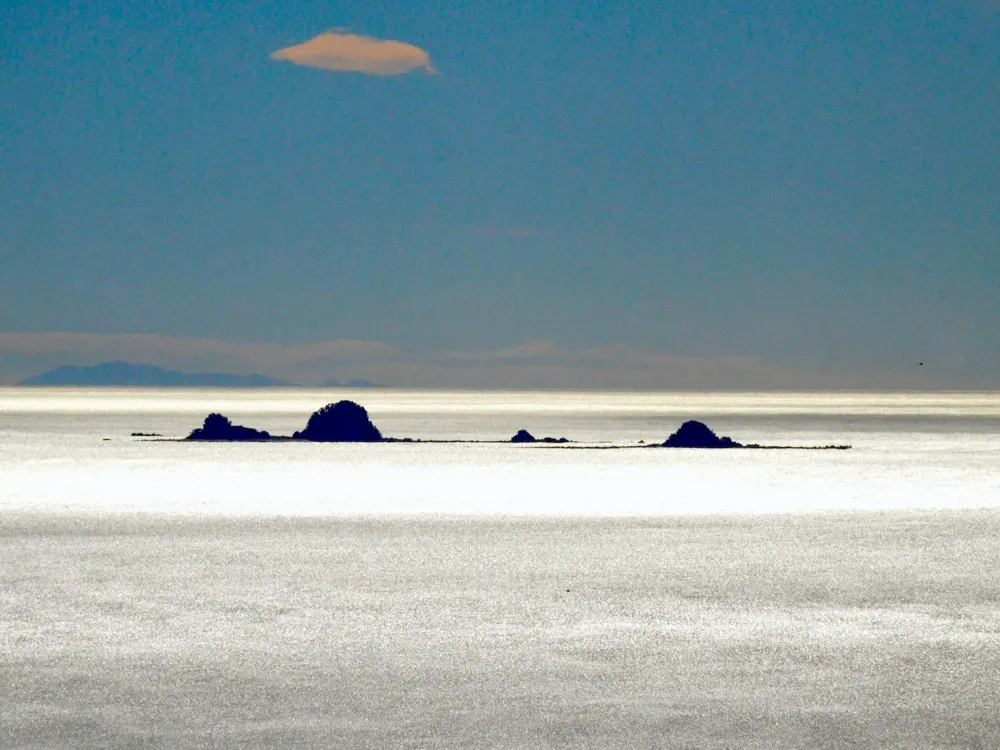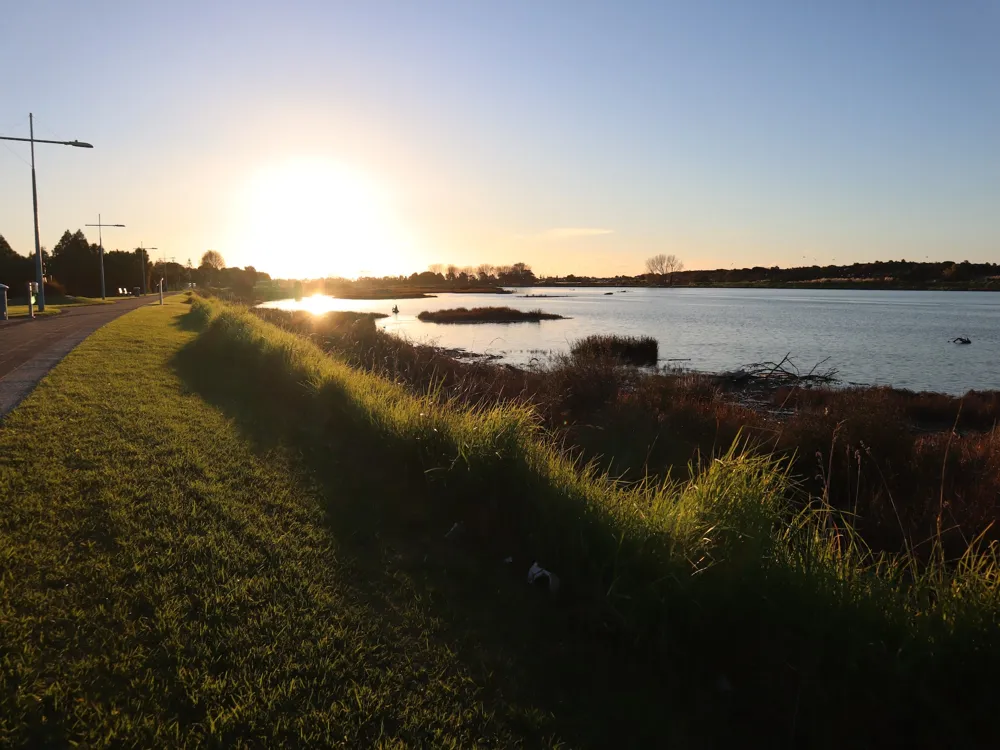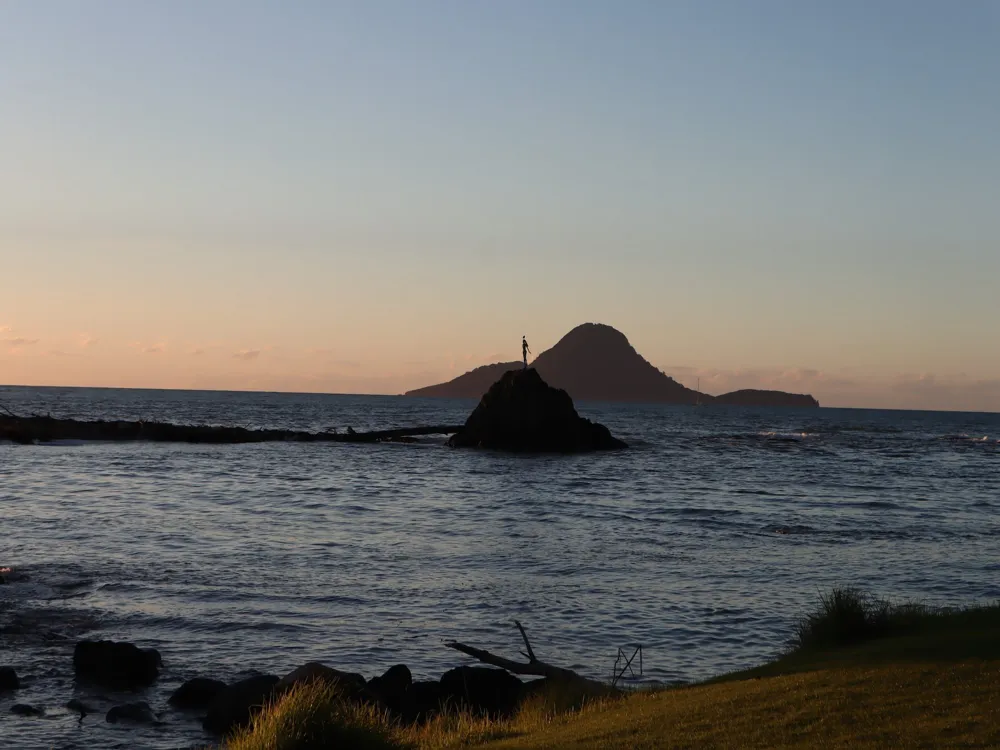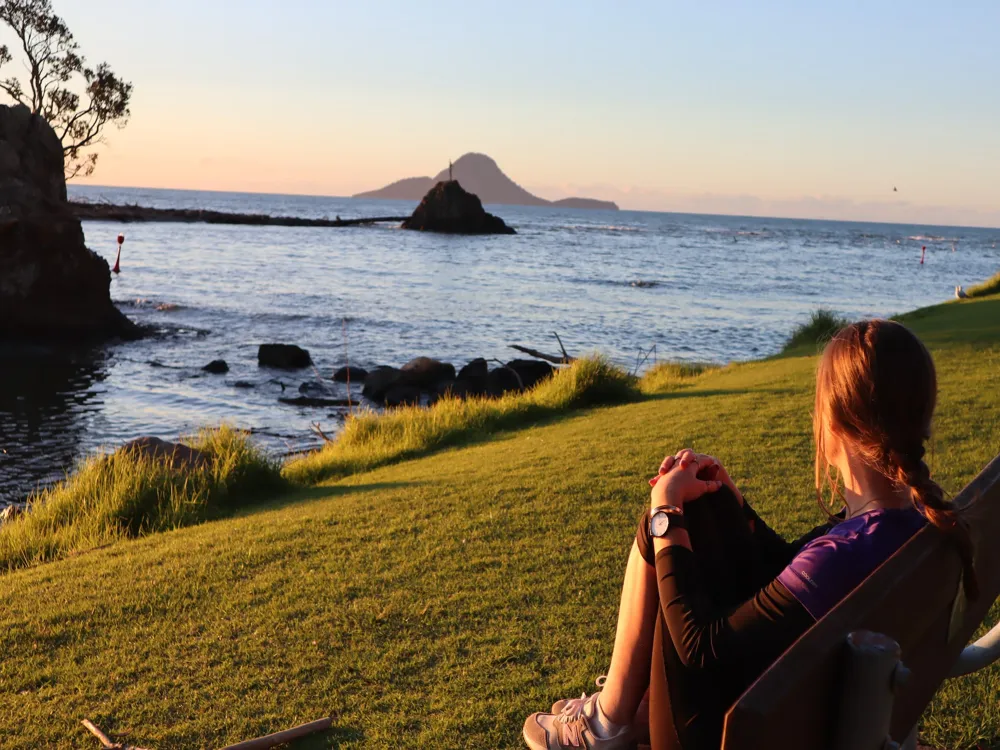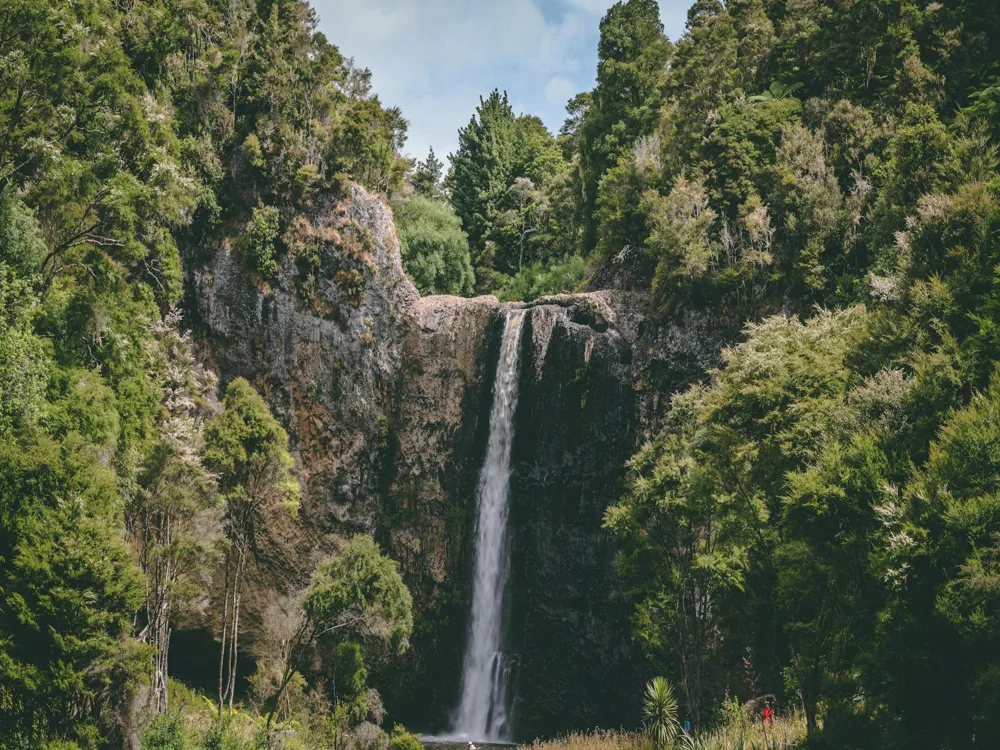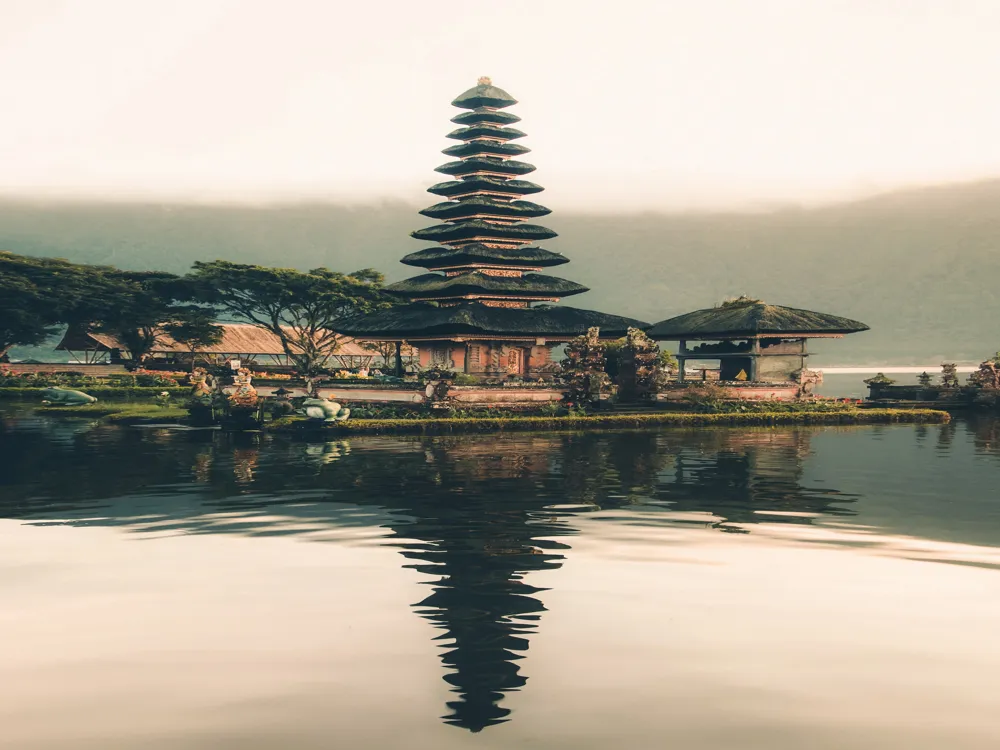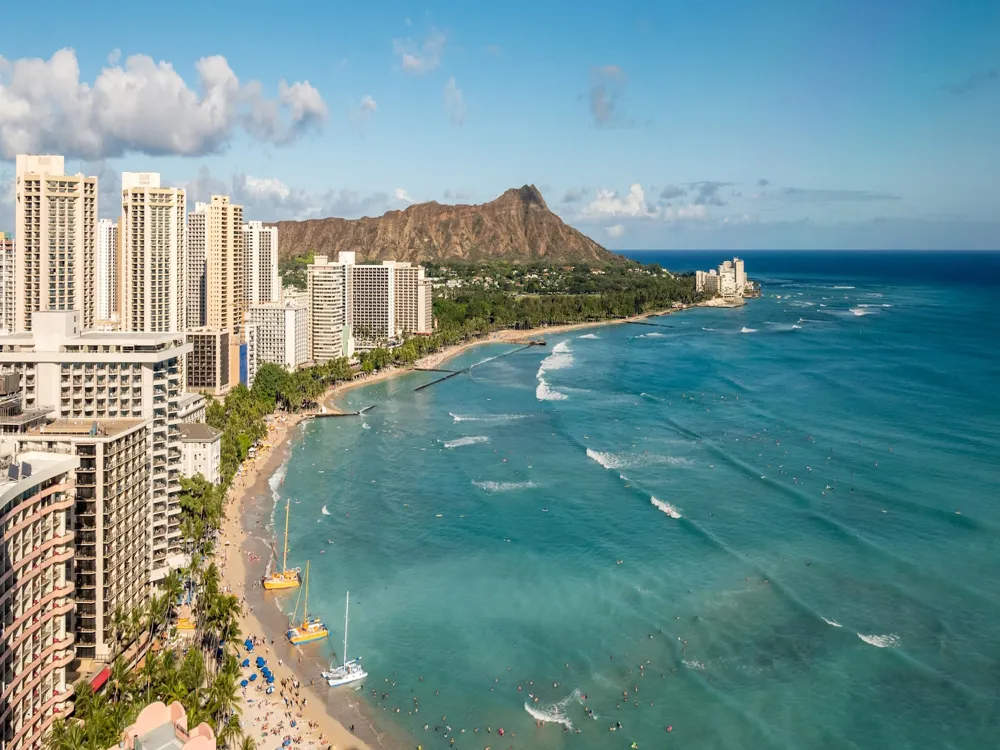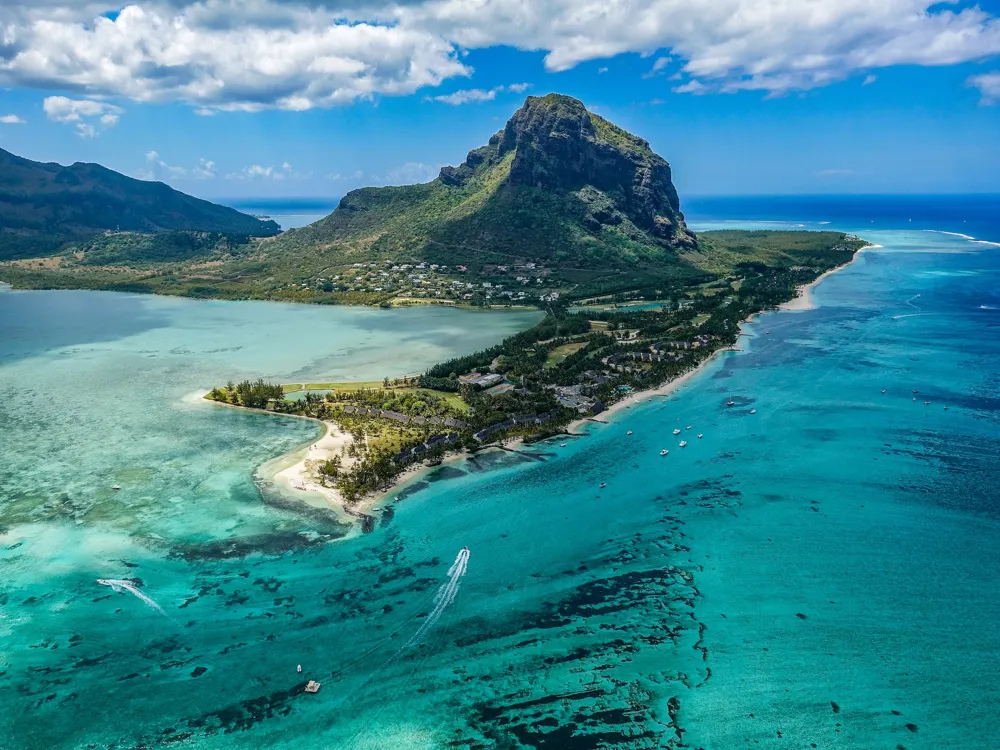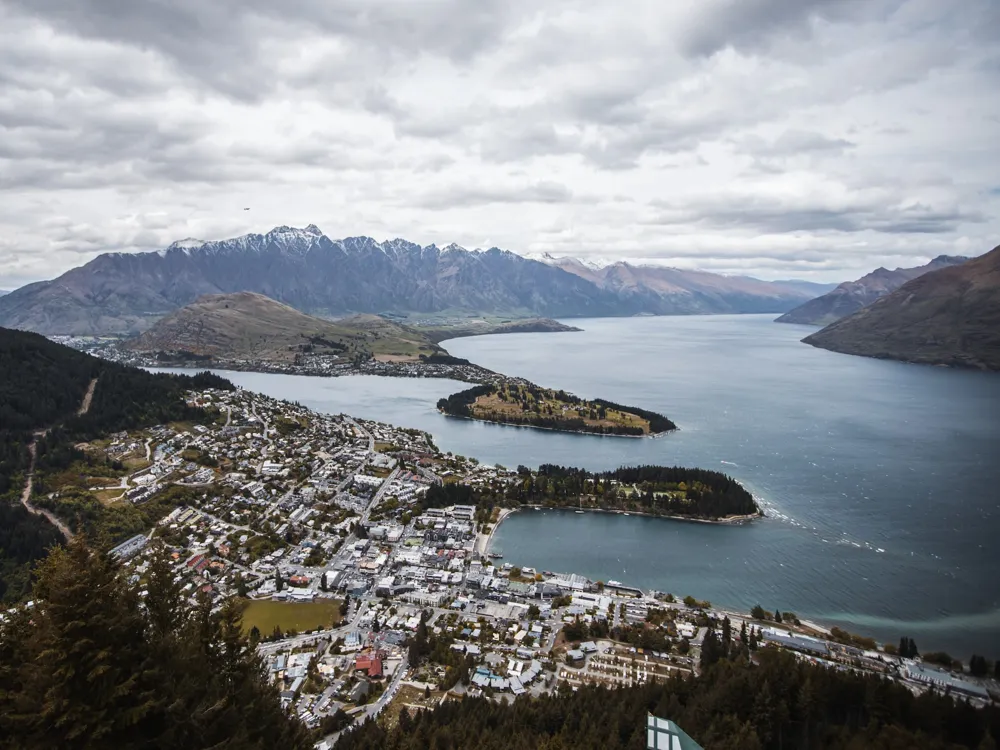Best Time to Visit Whakatane
New Zealand
18 out of 52 Places to visit in New ZealandNaN onwards View Packages
Get Customized PackagesThe Land of Diversity
Top Hotel Collections

Private Pool

Luxury Hotels

5-Star Hotels

Pet Friendly
What is the Best Time to Visit Whakatane?
Nestled on the eastern Bay of Plenty, Whakatane is a gem waiting to be explored. Choosing the right time to visit this picturesque destination can greatly enhance your experience. In this guide, we delve into the nuances of the seasons, guiding you on when to plan your trip for the most memorable adventure.
More about Best Time to Travel to Whakatane
Travel Peak Season in Whakatane
The peak season in Whakatane, spanning from December to February, promises sun-drenched days and warm temperatures. This is the ideal time for beach lovers and outdoor enthusiasts. With the mercury hovering between 25-30 degrees Celsius, you can indulge in water activities, bask in the sunshine, and explore the vibrant marine life.
Travel Offseason in Whakatane
For those seeking a quieter experience, the offseason from June to August is a hidden treasure. While temperatures may dip to a mild 10-15 degrees Celsius, the tranquility of this period allows for intimate connections with the stunning surroundings. You can enjoy discounted accommodations and revel in the peaceful charm of Whakatane without the bustling crowds.
Whakatane Travel Packages
View All Packages For Whakatane
Whakatane in Shoulder Season
March to May and September to November mark the shoulder seasons. During these transitional periods, the weather is mild, and nature begins to showcase its vibrant colors. It's an excellent time to explore Whakatane's landscapes without the summer crowds. Temperatures range from 15-20 degrees Celsius, making it perfect for hiking, bird watching, and cultural experiences.
Whakatane in Hot Season
The hot season, from December to February, welcomes the majority of tourists. With temperatures soaring between 25-30 degrees Celsius, this is the prime time for water adventures, from kayaking to dolphin watching. Ensure you plan in advance, as accommodations and popular attractions may get booked quickly during this bustling period.
Whakatane in Rainy Season
The rainy season from May to August brings a refreshing change to Whakatane's landscape. While rainfall is more frequent, it doesn't deter visitors from exploring the region. The lush greenery and fewer tourists create a unique ambiance, perfect for those who appreciate a more intimate encounter with nature.
Whakatane in Cool Season
The cool season, spanning from September to November, ushers in spring blooms and a sense of renewal. With temperatures ranging from 15-20 degrees Celsius, it's an opportune time to witness the region's flora and fauna in full bloom. Outdoor activities are comfortable during this period, making it an excellent choice for nature enthusiasts.
In conclusion, determining the best time to visit Whakatane depends on your preferences and the experiences you seek. Whether you crave the warmth of the sun, the tranquility of the offseason, or the vibrant hues of spring, Whakatane welcomes you with open arms throughout the year.
Places To Visit In Whakatane
Nearby Places Whakatane
Whakatane Photos
View All Photos For WhakataneBrowse Package Collections
Browse Hotel Collections
Faq
When is the best time to visit Whakatane for outdoor activities?
The optimal time for outdoor activities in Whakatane is during the summer months of December to February. This period offers warm temperatures and ideal conditions for exploring the stunning landscapes and engaging in outdoor adventures.
What is the whale watching season in Whakatane?
Whale watching season in Whakatane typically runs from June to September. During these months, you have a higher chance of spotting whales, including the magnificent sperm whales, as they migrate through the region.
Are there specific months to avoid due to weather conditions?
While Whakatane generally experiences mild weather year-round, the winter months (June to August) can be cooler and have a higher chance of rain. If you prefer warmer and drier conditions, it's advisable to plan your visit during the spring or summer.
What's the ideal time for beach enthusiasts to visit Whakatane?
For beach lovers, the best time to visit Whakatane is during the summer (December to February). During this period, you can enjoy the beautiful beaches, indulge in water activities, and bask in the sunshine.
Is there a particular time for cultural events and festivals in Whakatane?
The Maori Arts & Crafts Institute hosts various cultural events and festivals throughout the year, but particularly during the warmer months. Check the event calendar for specific dates, but generally, spring and summer are vibrant seasons for cultural celebrations.

